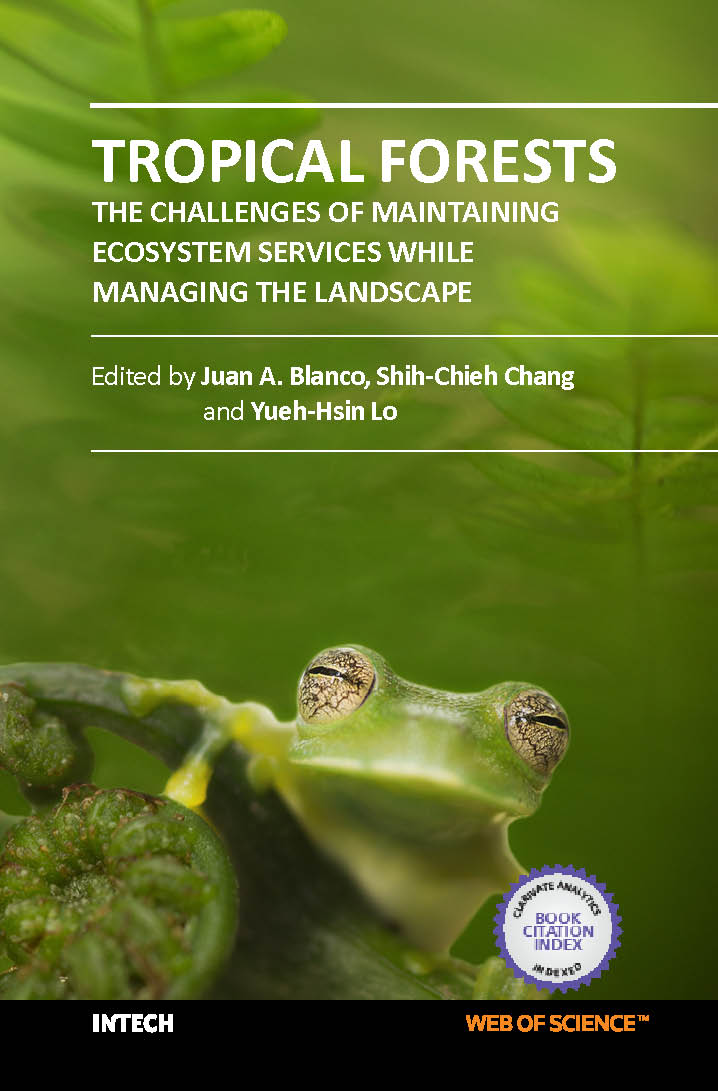Large regions of the planet have been transformed from their natural composition into different human-made landscapes (farmlands, forest plantations, pastures, etc.). Such process, called land use change, is one of the major components of the current global change, which has brought the planet into a new geological era: the Anthropocene. Land use change is particularly important in tropical forests, as this ecosystem type is still heavily affected by deforestation for timber extraction, agricultural land creation of urban expansion. Changing land use has important implications for the services that tropical forests provide: production of goods such as timber, food or water; regulation of process such as nutrient cycling, carbon sequestration, local weather or climate extremes; generating the framework for economic and cultural activity, etc. Therefore, keeping ecosystem services when changing the use of the tropical lands is a major challenge in tropical regions. This brief book, by showcasing different research work done in tropical countries, provides a first introduction on this topic, discussing issues such as biodiversity loss, changes in local weather or nutrient cycling patterns, and economic activities around tropical forests, and tools to detect and quantify the importance of land use change.
| Specifications |
Descriptions |
| ISBN |
9789535127581 |
| Year |
2017 |
| Binding |
Hardcover |
| Subject |
Environment & Pollution |
| Pages |
136 |
| Weight |
0.4 |
| Readership |
NA |



.png)